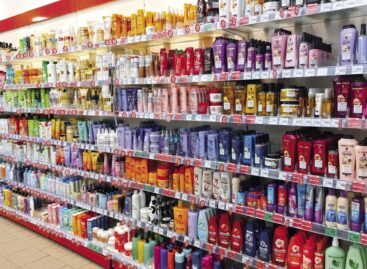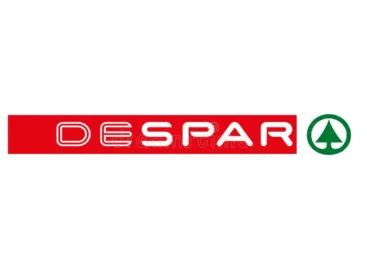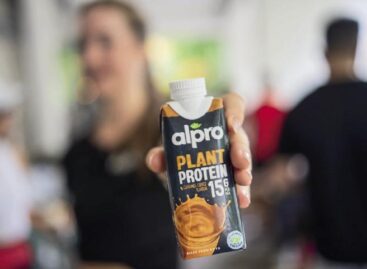À la nature
Health consciousness is gradually replacing the indulgence function in the yogurt buying process. Covid intensified the trend of flavoured yogurts losing ground to natural, plain variants.
This article is available for reading in Trade magazin 2023/8-9.
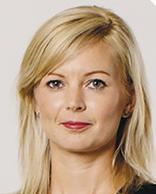
Enikő Bolyós
head of sales
Danone
“Consumers are more and more interested in healthy lifestyle, and natural products can be easily incorporated into various diets, such as the flexitarian one”,
explained Enikő Bolyós, head of sales at Danone in Hungary. It also matters that the average price of products in the natural segment is lower.
PL yogurts have a smaller price advantage now
Discounters are the leaders in yogurt sales too. High inflation has also had an impact on the yogurt category, with the average price of the big brands rising significantly over the past period. This trend has influenced both promotional price levels and private labels (PL).
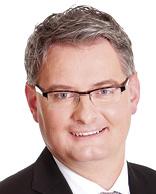
Ireneusz Kierpiec
közép-európai és adriai értékesítési igazgató
Zott
“Consumers no longer perceive the relative price advantage of private label products as significant, so the market share of the latter is now lower than a year earlier”,
informed Ireneusz Kierpiec, sales director of Zott in Central Europe and the Adriatic region.
About 2 from 5 yogurts are sold in promotion.
Multipacks are losing ground
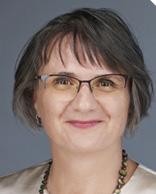
Éva de Gereczné
Rudnai
head of procurement and marketing
Real Nature
Éva de Gereczné Rudnai, head of procurement and marketing at Real Nature Kft.:
“We know from independent research that the promotional price sensitivity of Hungarian consumers is traditionally higher than the European average. The health and the financial crises, combined with the shrinking real income of Hungarian consumers, have intensified this further. Consumers now prefer single-serve yogurt to multipacks – for the latter demand was much bigger a few years back”.
Brand development takes different directions
Some of Danone’s most popular products are Actimel live-culture flavoured yogurt drinks (also available without added sugar), Activia natural and fruit-flavoured live-culture yogurts, and Oikos live-culture cream yogurts. This year Danone put a number of new innovations on the Hungarian market: the company came out with a new range of Actimel products with added zinc and magnesium, in new flavours. As for the Activia fruit yogurt range, they switched from the previous 4-cup format to a single-cup version.
Product variants for special needs too
Jogobella has become a “love brand” for Hungarian consumers, but the company’s value-for-money yogurt brand Szívecske has been successful recently, too. Consumers are increasingly looking for products that can be integrated into special diets, and Zott is trying to satisfy these needs as well. For example Zott has yogurt variants for lactose intolerant consumers (Jogobella lactose-free fruit yogurt in 8 flavours), low sugar yogurts (Jogobella no added sugar), products for people suffering from milk protein allergy (Pure Joy coconut-based vegan products), immune boosting yogurts (Jogobella Lcasei), and yogurts with high protein content (Zott Protein products).
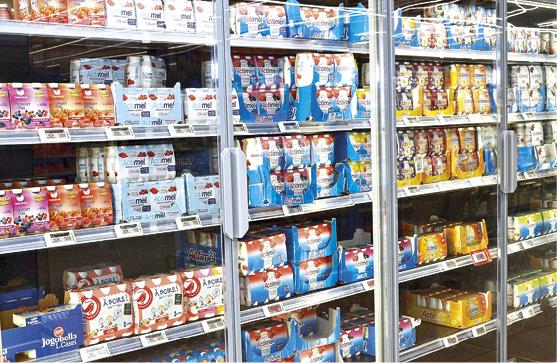
As a result of price rises consumers no longer consider the relative price advantage of private labels over manufacturer brands as significant
More sustainable and healthier
Real Nature Kft.’s Good Milk range has recently reduced the sugar content of Good Milk products by 22% on average. They have also rolled out new innovations with much bigger fruit content. Product packaging has been modernised: yogurts are now marketed in rePet bottles, which means that the raw material used for the packaging is mostly made from recycled plastic. Real Nature Kft. has renewed its plant-based range too: under the brand name My Love My Life, products with plant-based yogurt culture have been launched, which are made from more delicious and healthier ingredients, and are available in a variety of flavours. //
Stable position at the top of the list for branded fruit yogurts
Between March 2022 and April 2023, sales of natural and fruit yogurts were 18% higher than in the same period of the previous year, with total sales exceeding HUF 60bn. In volume like-for-like sales were down 10% at 55,000 tonnes.
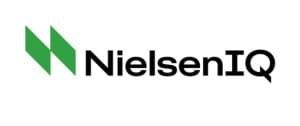
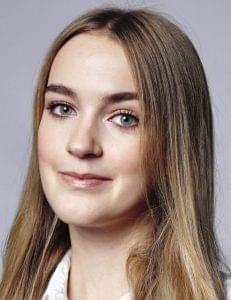
Guest writer:
Luca Horváth
junior analytic insights associate
NielsenIQ
In terms of value share, manufacturer brands have 73% of the yogurt market, while the private labels of retailers account for 27%.The price difference between private labels and branded yogurt products decreased from 46% to 25%. In volume sales were down by 10% in both segments.
When looking at the two segments separately, we can see that the 45% average price increase for natural yogurts entailed a 4% volume decline, while despite a smaller, 28% price increase, fruit yogurt sales were also down 12% in volume. In the natural yogurt market private labels saw their share increase by almost 10 percentage points to 58%. As for fruit yogurts, the share of manufacturer brands vs. private labels remained stable, and the former continue to dominate in value terms with 82%. //
Related news
From routine to ritual
🎧 Hallgasd a cikket: Lejátszás Szünet Folytatás Leállítás Nyelv: Auto…
Read more >Despar Italia realises EUR 1.1bn private label sales in 2025
🎧 Hallgasd a cikket: Lejátszás Szünet Folytatás Leállítás Nyelv: Auto…
Read more >Related news
The Hungarian Food Book is 50 years old
🎧 Hallgasd a cikket: Lejátszás Szünet Folytatás Leállítás Nyelv: Auto…
Read more >ZEW: Economic expectations worsened in Germany and the euro area in February
🎧 Hallgasd a cikket: Lejátszás Szünet Folytatás Leállítás Nyelv: Auto…
Read more >

